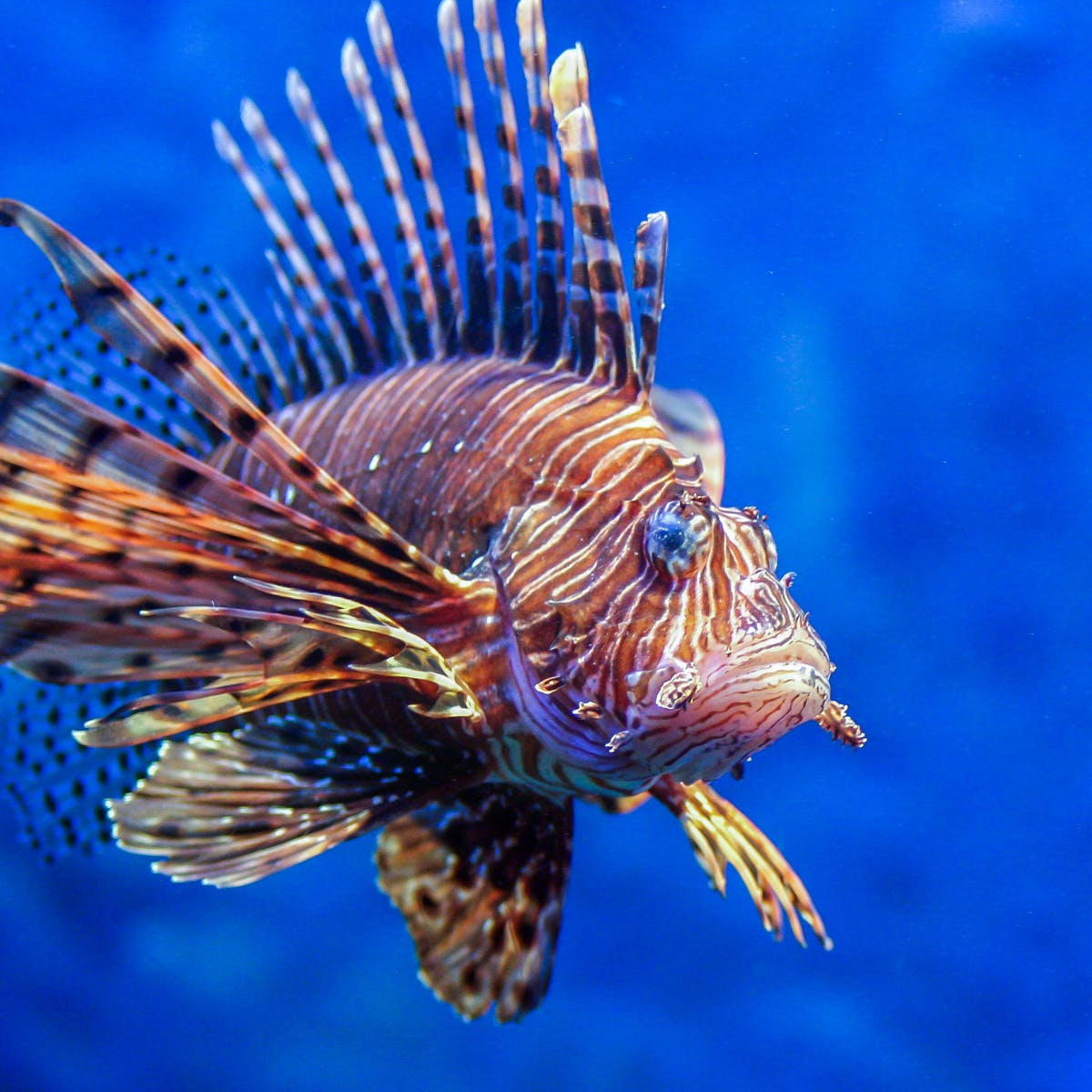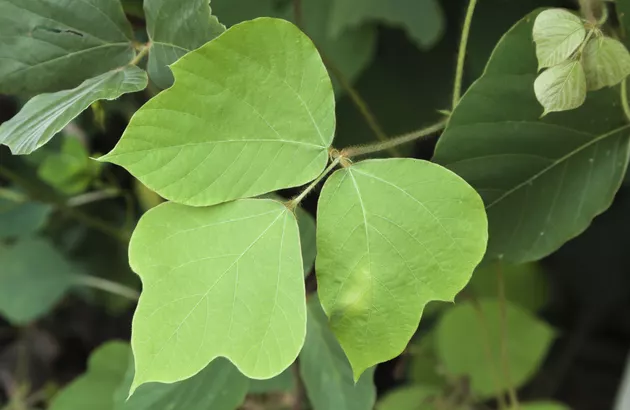I’m sure you’ve heard the expression “When you have lemons, make lemonade.” We might also consider saying “If you have a problem, just eat it.”
The problem in question is invasive species. From zebra mussels* to pythons in the Everglades**, some parts of the ecosystem are virtually under siege by plants and animals that aren’t supposed to be there. So what can we do?

One of the simplest solutions is to turn them into a food source. Take the lionfish. They are fearless, venomous natives of the South Pacific and Indian Oceans that are now in the Atlantic Ocean, where they have no natural predators. But since they are not poisonous, they’re edible. So the push is on through spearfishing tournaments and other publicity devices to get them on menus. The Reef Environmental Foundation has even published a cookbook (https://www.reef.org/products/lionfish-cookbook-2nd-edition).

Another example is the infamous “vine that ate the South” — kudzu***. Originally introduced in 1876 to control erosion, it can grow a foot a day and is almost impossible to control. Yet the leaves can be eaten raw in salad or cooked like spinach, and the roots can be treated like potatoes. In fact, there is a great recipe for kudzu blossom jelly at https://www.food.com/recipe/kudzu-blossom-jelly-94579.
So there are some creative ways to solve our environmental problems. We just have to think with our stomachs.
* https://www.usgs.gov/faqs/what-are-zebra-mussels-and-why-should-we-care-about-them?
**https://www.usgs.gov/faqs/how-have-invasive-pythons-impacted-florida-ecosystems?
